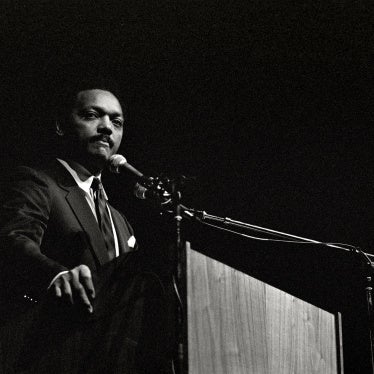With opioid overdose deaths hitting record highs throughout the US, and the White House Commission calling for declaring a state of emergency, many are looking for new solutions to addiction and overdose.
But one proposal popular in some circles — the expanded use of drug courts — is not the perfect solution some make it out to be.
Drug courts are an old idea.
Created in the 80s to expedite the overwhelmed court dockets created by the drug war, they have already enjoyed a great deal of fanfare and funding — from both sides of the political aisle. But despite the good intentions that often underpin them, they are a flawed solution.
These courts are squarely housed in the criminal justice system, where there is little medical expertise or care available but where punitive sanctions are plentiful.
Physicians for Human Rights recently reported that drug courts “routinely fail to provide adequate, medically sound treatment for substance use disorders, with treatment plans that are at times designed and facilitated by individuals with little to no medical training.”
And, even though relapse is an expected part of recovery, people brought before a drug court with a positive drug test are often jailed, and can end up serving lengthy periods of time—sometimes more than had they been prosecuted through the regular criminal system.
Interestingly, the White House Commission didn’t even mention drug courts in the interim report released on July 31, but they did support a number of cutting edge, public health centered, responses such as expanding harm reduction approaches like medication-assisted therapy.
Other solutions the commission should explore for their final report include promoting diversion programs to keep people out of the criminal justice system, making the overdose prevention medication Naloxoneavailable over the counter, and decriminalizing possession of drugs for personal use.
Critics of drug courts contend that they cherry pick their participants – typically selecting people who are more financially solvent (to pay fees/fines), white (as racial disparities persist in all points of the criminal justice process), and pose little public safety risk.
Often, it is questionable whether they even have a drug problem (i.e. low risk/low need, such as marijuana offenders).
A recent broad study found that there is no evidence that compulsory treatment is effective and may do more harm, and even the Government Accountability Office has found the purported cost-savings difficult to substantiate.
In my days working as a sentencing advocate with public defenders, clients would frequently ask for jail time in lieu of drug courts.
This wasn’t because they had no concerns for their own health and well-being, but the opposite. They were deeply concerned with their own health and well-being and felt drug courts would cause more problems for them in the long run.
Beyond the many questions about their effectiveness, drug courts do not address the fundamental reality that any kind of criminal sanctions are simply inappropriate for the overwhelming majority of drug offenders, whose only crime is the personal use of drugs or possession of drugs for personal use. In fact, by offering a notionally “softer” kind of criminalization, drug courts may actually help entrench that fundamentally untenable paradigm.
Criminal sanctions in those cases are inconsistent with the human right to privacy and autonomy, and in practice, have proven devastating to the lives of those affected. For people who have a problem with drug dependence, treatment and support should be available without the threat of jail or prison time.
Drug courts might be a tool in the toolbox of a better system if they are focused only on offenses other than drug use or possession — for example, property crimes committed in connection with drug dependence. But even in that case, they should only be considered if they are set up to provide treatment that is medically appropriate, as well as other social supports, and if — and this is a big if — courts would truly take high risk, high need defendants as the National Association of Drug Court Professionals says they should.
Our communities deserve 21st century solutions and drug courts are, at best, a better version of a broken and outmoded system. They may sometimes have a useful place in the reality we’re stuck with, but they certainly aren’t the way forward.
Instead of looking back at a criminal justice solution that has failed, the commission should stay on the right track and focus on health-based programs that address the opioid crisis.








